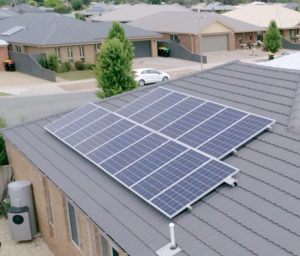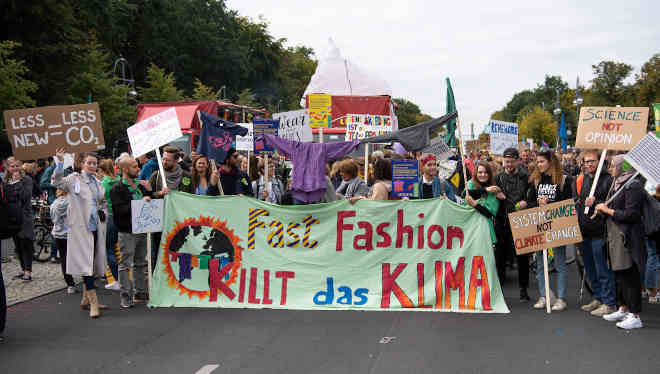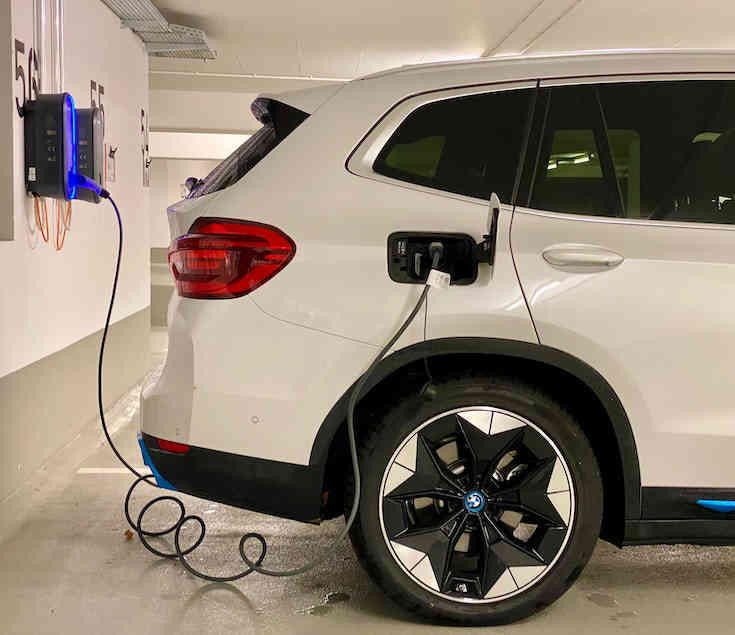It is now clear to all but the most wilfully blind that the world’s climate is changing and causing enormous destruction and hardship. Flooding in Europe, Pakistan and Australia; wildfires in the US, Europe and Australia; destructive storms in the US and Japan; drought in north Africa; submerged land and salinisation in Pacific nations.
Most of us want to make a difference, but we also want to avoid too much change and loss of lifestyle. Here are 8 actions ordinary people can take to make a genuine difference. We won’t all be able to do them all, but we can begin with the first two and as many of the rest as we can.
To play our part, Australians need to reduce our emissions from about 15 tonnes/year per capita to about 2 tonnes/year.
The following 8 actions, starting with the most important, can make an enormous difference.
1. Vote for action
Governments which set emissions reductions targets, promote and subsidise renewable energy and electric vehicles, and leave coal in the ground are the single most important means of combating climate change. Without strong government action, we won’t get there.
Our vote matters, whether it be at national, state or local Council. Australians voted decisively recently to take climate action and remove a government that was corrupt, self-serving and harmful. We need to put climate at or near the top of our priority list in future state and council elections.
2. Use wealth carefully
Rich and luxury lifestyles are especially harmful. Globally, the 10% most wealthy cause 50% of the emissions.
Australians are among the world’s most wealthy (on average) so we have great responsibility. The very rich have even greater responsibility. We need to consume less.
3. Limit family size
More controversial, but certainly impactful, slowing the population increase will always be beneficial. Small family sizes reduce carbon emissions. Adoption is an option worth considering.
4. Green transport
Use of electric cars (and anything other than private petrol driven cars), especially after electricity generation is made renewable, and reducing air travel (plus purchasing carbon offsets) remain important choices. Cycling, walking, public transport and car-pooling are all helpful.

5. Domestic energy
Rooftop solar and/or purchasing green energy are important and should be considered by everyone who can afford it.
6. Food
Cattle generate greenhouse gases, and agriculture is a significant source of greenhouse gas emission. So shifting our diet towards white meat, other forms of protein, or a plant-based diet, are things we can all do to a reasonable extent.
7. Consumption
All goods generate carbon emissions in manufacture and transport. Reducing consumption generally is more important than we might think.
Fashion is a larger source of emissions than you might expect, so:
- reducing our dependence on fast fashion,
- buying quality clothes and then wearing them until they wear out,
- buying more sustainable, ethical and slave-free clothing, and
- recycling at op shops or fabic recyclers ….
…. will reduce emissions, provide a fairer wage to garment workers, and benefit the environment generally by reducing waste.

8. Do the small things
Many small changes can make a difference when added together. ThIngs like:
- use energy efficient light globes;
- set air conditioners to less power hungry levels;
- wash clothes in cold water;
- dry clothes on lines rather than in electric dryers;
- plant trees; and
- turn off power (lights, computers, appliances, etc) when not in use.
Will we or won’t we?
No-one likes to be told what to do. And most of us want to hold onto the luxuries we have. I’m no different.
But the world is depending on us. The very existence of Pacific island nations is under threat. Poorer nations around the world, who have contributed less to the problem than we have, are suffering.
We in Australia are already suffering – many people still not back in homes after bushfires and floods – and the next generations will suffer more.
The changes aren’t as drastic as we might first think (except for the very rich). We might find the slightly simpler and less consumptive life less stressful and more enjoyable.
But the choice is ours.
Check out the details
Read the basis for these actions and the various estimates of savings, in Lifestyle choices we can make to reduce climate change.
Main photo by Eren Goldman on Unsplash. Rooftop solar panelphoto, courtesy of Climate Council (Australia). Fast fashion demon photo by Stefan Müller (in Wikipedia).

G’day,
Sorry, I can’t find any other way to contact you via the website. Feel free to delete this from the blog post’s comments.
Are you aware that the website listed on your Facebook page (hughesfacts.com) redirects to [URL removed], which then redirected to a site which spoofed my ISP.
You might want to update hughesfacts.com’s DNS entries.
—
Regards,
Ken
Hi Ken, thanks for this advice. But I think it isn’t my DNS entries that are the problem (I don’t know how that could happen on Facebook), but that your browser is infected with a virus – Irene-eux (see this link) – which redirects you to advertising sites.
If you think I am mistkane, please let me know which Facebook post caused the problem. Thanks.